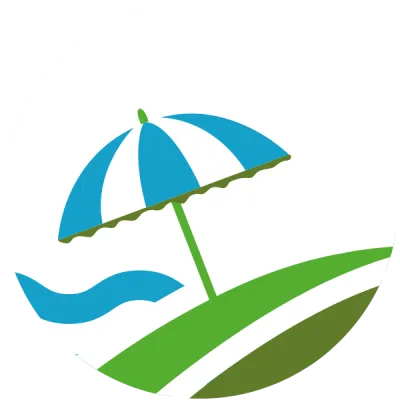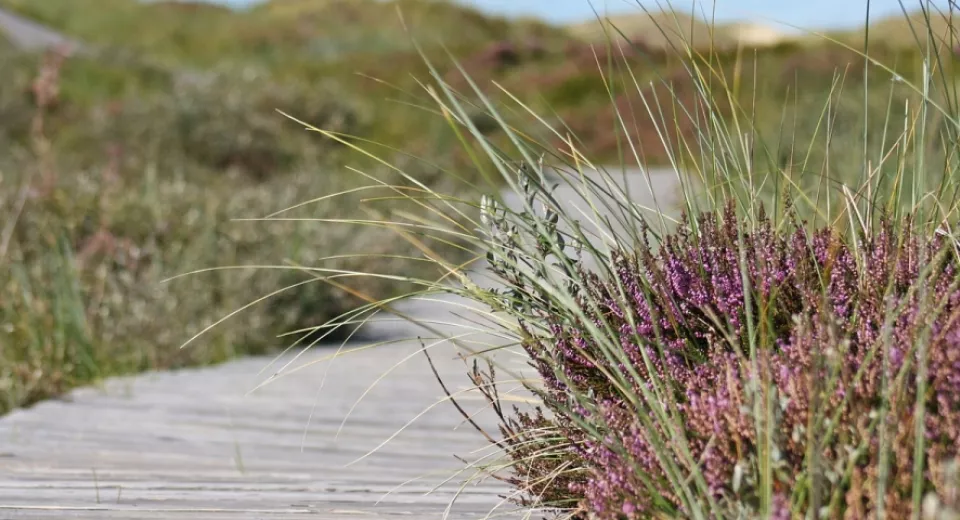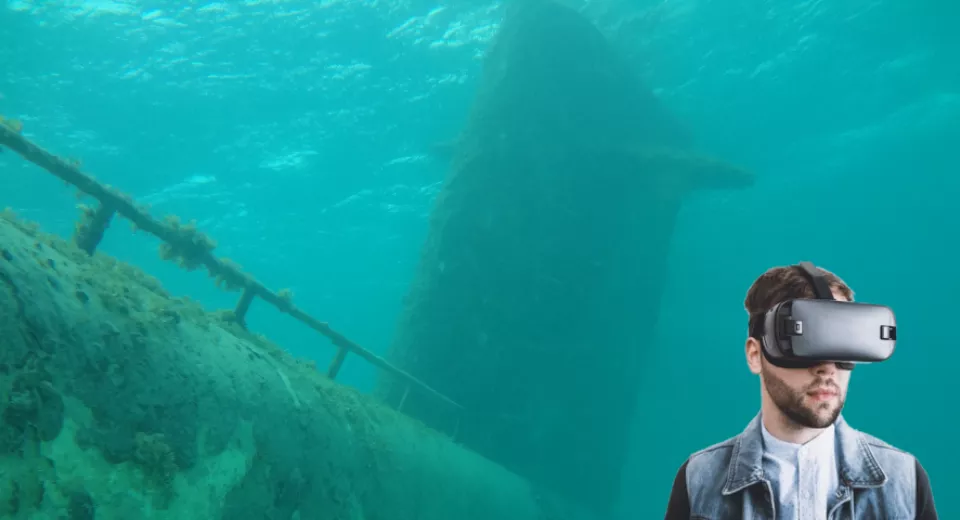Blue tourism

Sustainable tourism: a sea of possibilities
The North Sea has been a source of wealth creation. It produces food in abundance, provides us with crucial shipping routes and enables us to generate hydro and wind energy. There are also major opportunities in the field of sustainable tourism. And we are talking about more than just beach holidays.
The North Sea as a tourist hotspot? Why not? There is a lot of untapped potential both above and beneath the waves. This tourism 2.0 can give a substantial boost to the blue economy. As a precondition, however, this form of experiencing the coast has to be sustainable, so that vulnerable ecosystems are maximally protected.
Mass tourism and pollution are to be avoided from an ecological perspective, while weather-independent activities, environmental protection and circularity are indispensable. Circularity means that raw materials and energy are used as efficiently as possible, with minimum waste or residual flows.

In addition, the dunes can be utilised for water storage – especially in summer, when water consumption peaks. Virtual experiences of the coast also fit in perfectly with this philosophy.
Innovative 3D visits
The numerous wrecks of bombers and ships located off the North Sea coast are the perfect subject of virtual tourism. Physically visiting these wrecks is only possible for very few individuals, namely experienced divers. But even for them, poor visibility and adverse weather conditions in the North Sea pose major challenges.
The wrecks can now be opened up for a wide tourist audience by means of innovative techniques such as scanning and 3D photogrammetry. In combination with gaming techniques and VR, this allows people to take a virtual dive without actually getting wet or having to face harsh conditions.

An additional advantage is that this virtual form of experiencing the coast is completely independent of the seasons and is therefore possible throughout the year. In addition, virtual tourists can discover the biodiversity in and around shipwrecks, since these sites have often become havens for wildlife over the years.
The full story of ecological tourism
A virtual experience of the coast is not the only option – coastal tourism can also be active. For instance, boat trips to the offshore wind farms enable visitors to learn more about the fascinating world of energy production.
In this context, it should be noted that Flanders is a pioneer in offshore wind energy and occupies fourth place worldwide in energy production at sea.
But the focus could also be on the innovative nature of growing mussels on ropes between the wind turbines – another project to which Blue Cluster contributes.

That’s killing two birds with one stone. The ecological aspect goes beyond the wind turbines and mussels, but also includes the fuel used by vessels: new low-carbon propulsion technologies are being developed on the basis of hydrogen or methanol. Once this development is complete, blue tourism will take a huge step towards zero emission.
It is safe to say that the tourist potential of the North Sea remains untapped to a large extent. As a precondition, however, the range of active experiences on the coast should be sustainable, and the impact on the region should be kept to a minimum. Recreation should never be at the expense of the valuable and vulnerable coastal ecosystem.